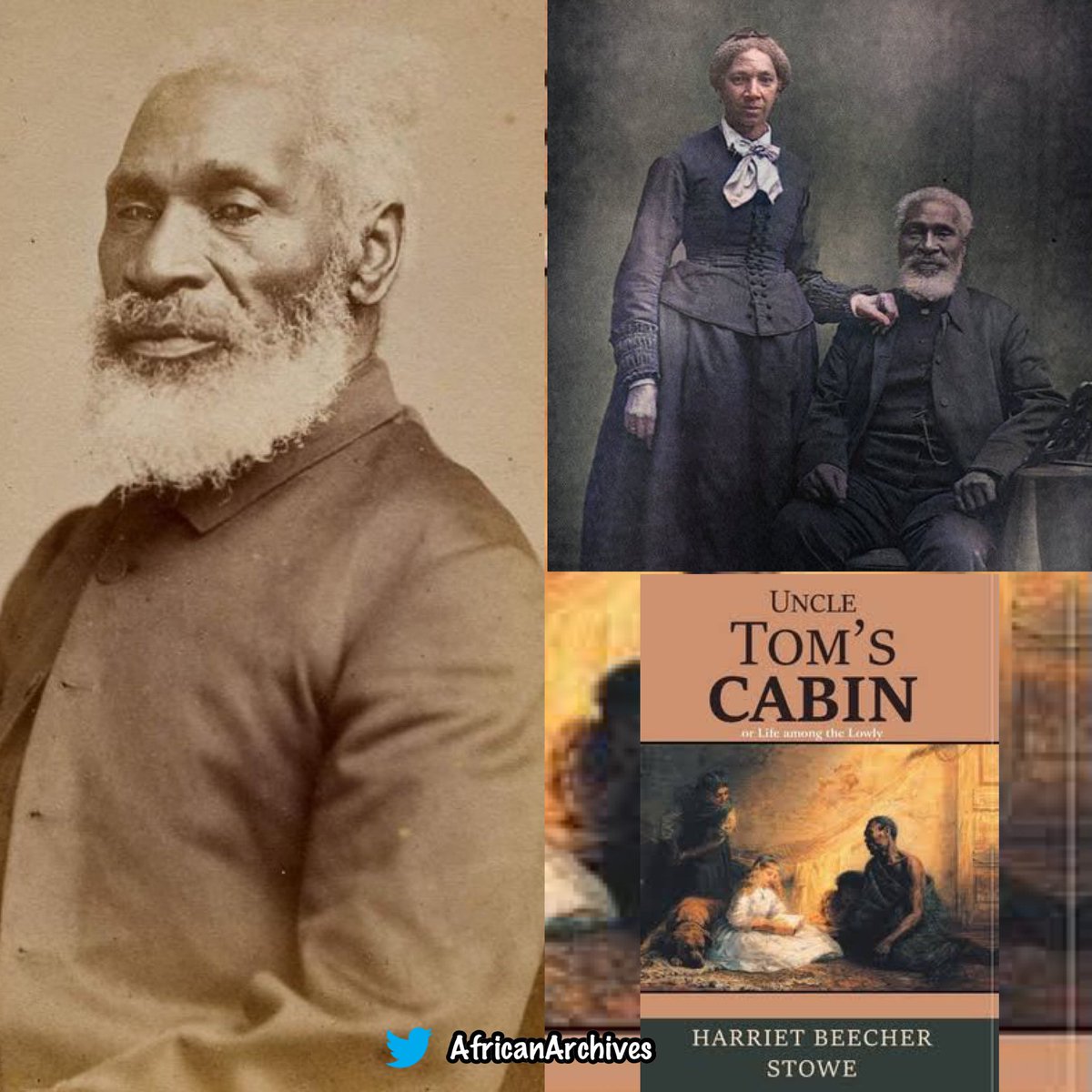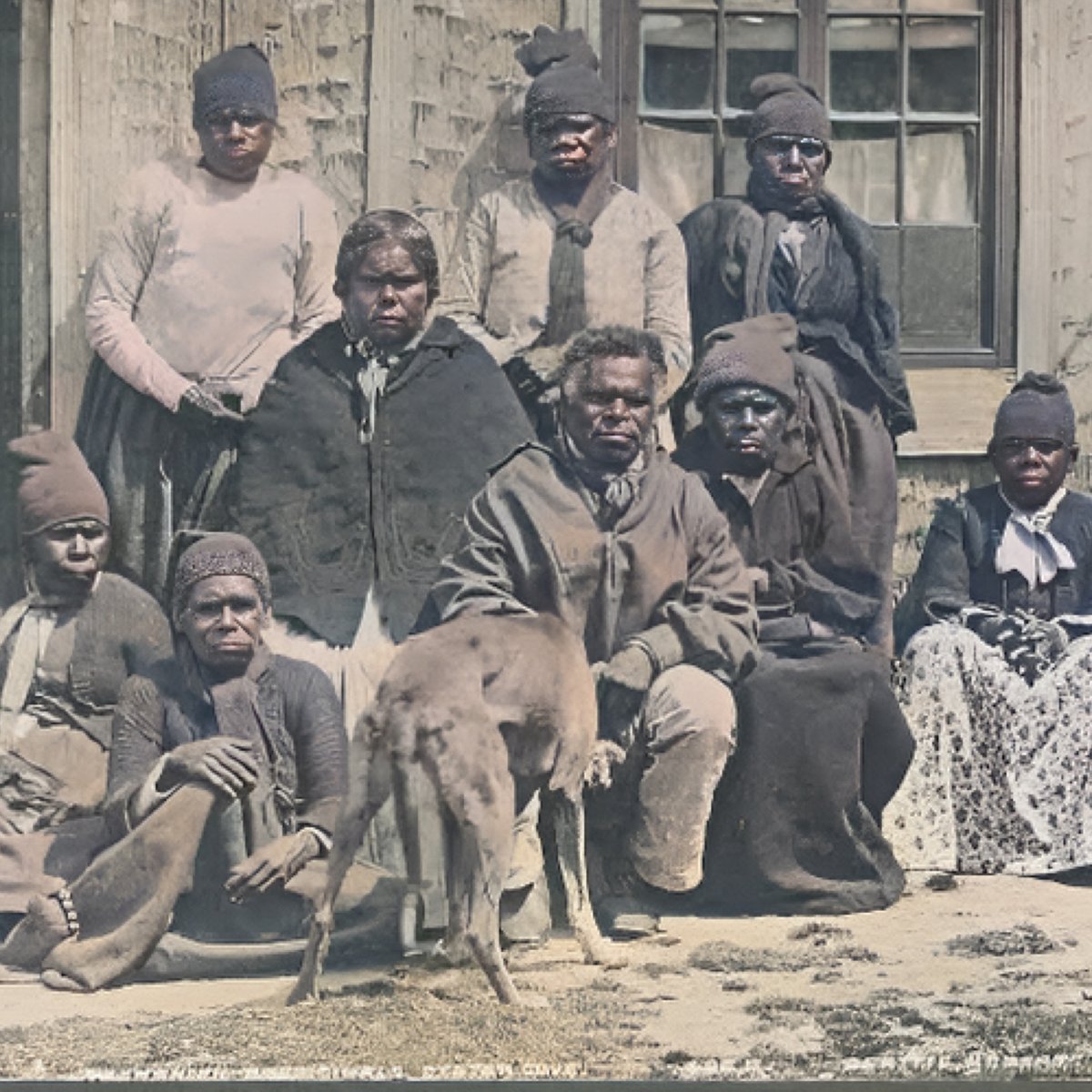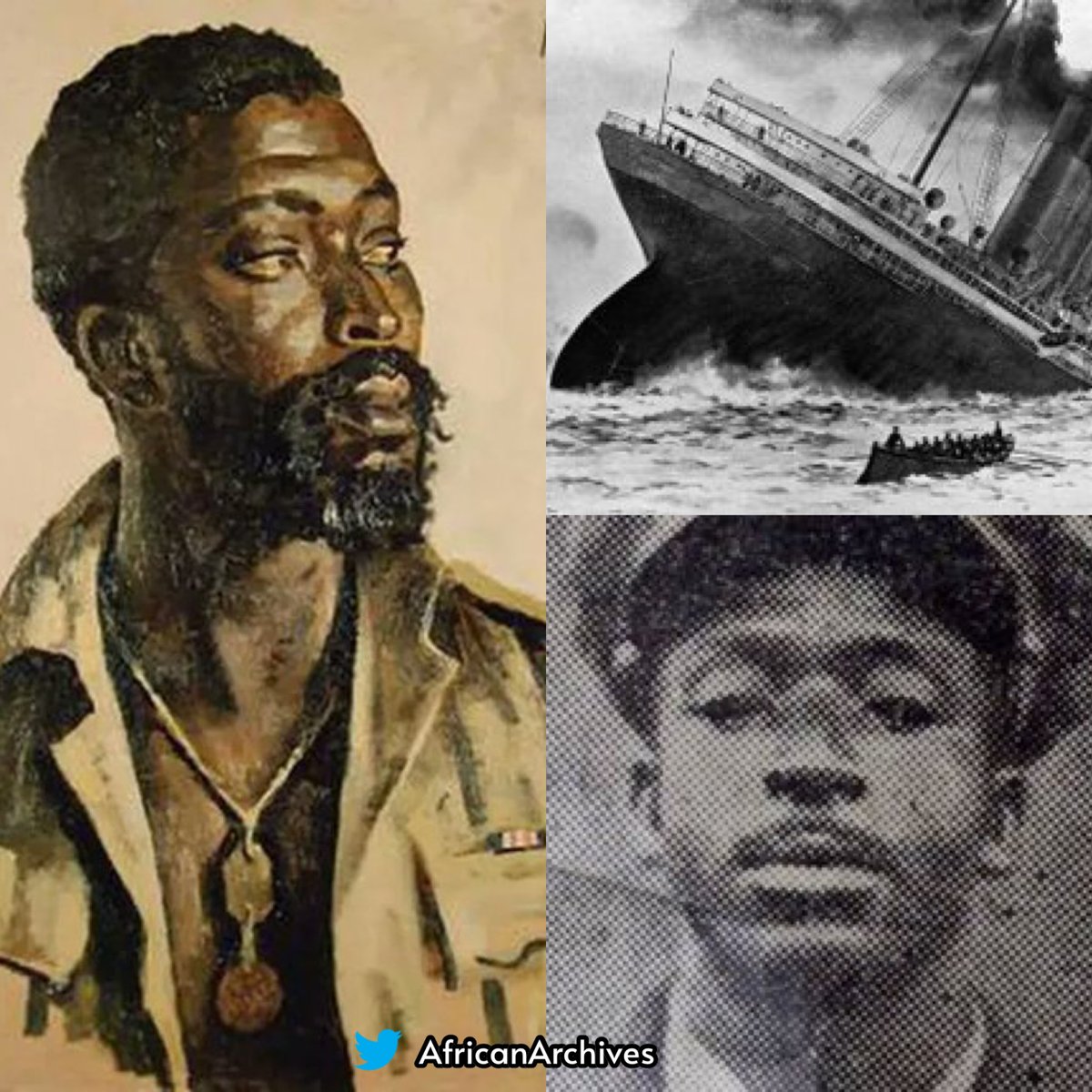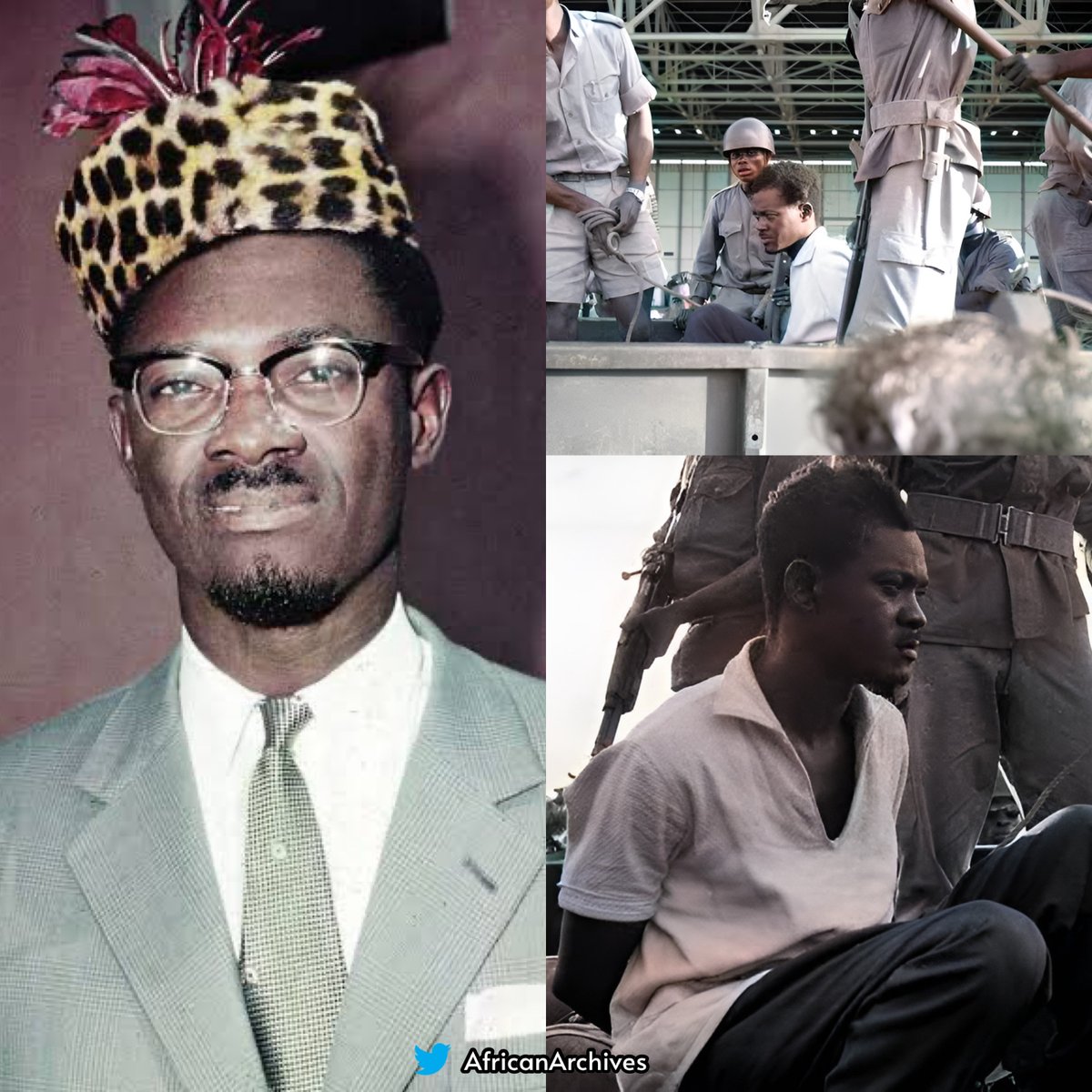Everyone knows Lewis & Clark, but did you know that there was a black man who was also part of the expedition?
As he was enslaved by William Clark, he participated as a full member of the expedition & was present when the expedition reached the Pacific Ocean.
A THREAD
As he was enslaved by William Clark, he participated as a full member of the expedition & was present when the expedition reached the Pacific Ocean.
A THREAD

What’s the Lewis and Clark Expedition?
It was an expedition, led by Captain Meriwether Lewis and Lieutenant William Clark, during the presidency of Thomas Jefferson, to explore the American Northwest, newly purchased from France. (Louisiana Purchase).
It was an expedition, led by Captain Meriwether Lewis and Lieutenant William Clark, during the presidency of Thomas Jefferson, to explore the American Northwest, newly purchased from France. (Louisiana Purchase).

His name was York and thus he became the first black man to cross the North American continent.
York was known for his skill in scouting, hunting, field medicine and manual labor in extreme weather conditions. Lewis had noted in his journal how York had saved him from certain death from a grizzly bear during the expedition. 

You can read his journal entries on: lewisandclarkjournals.unl.edu/item/lc.jrn.18…
In 1804, Clark took York when he joined the Lewis and Clark Expedition. York was a large, strong man who shared the duties & risks of the expedition, and was the only black member of the Expedition.
The Native Nations treated York with respect, and he played a key role in diplomatic relations, mainly due to his dark skin. 

After the expedition returned, every member received money and land for their services, every member except York. York asked Clark for his freedom based upon his good service during the expedition, and Clark refused.
York pleaded to be reunited with his wife, who was enslaved in Louisville; he even offered to work in Louisville and send Clark all his earnings. Clark still refused, and sold York to a brutal master in 1811, where he remained enslaved at least until 1816.
A statue of York, by sculptor Ed Hamilton, with plaques commemorating the Lewis and Clark Expedition and his participation in it, stands at Louisville's Riverfront Plaza/Belvedere, next to the wharf on the Ohio River. 

You can help support the page through donations/tips to keep up on: https://t.co/yVxWMnaYQAko-fi.com/africanarchives


• • •
Missing some Tweet in this thread? You can try to
force a refresh

 Read on Twitter
Read on Twitter













